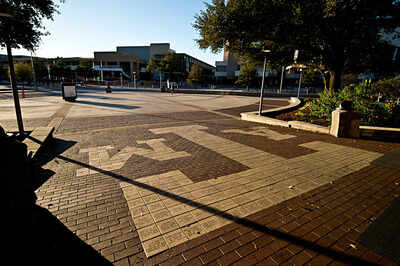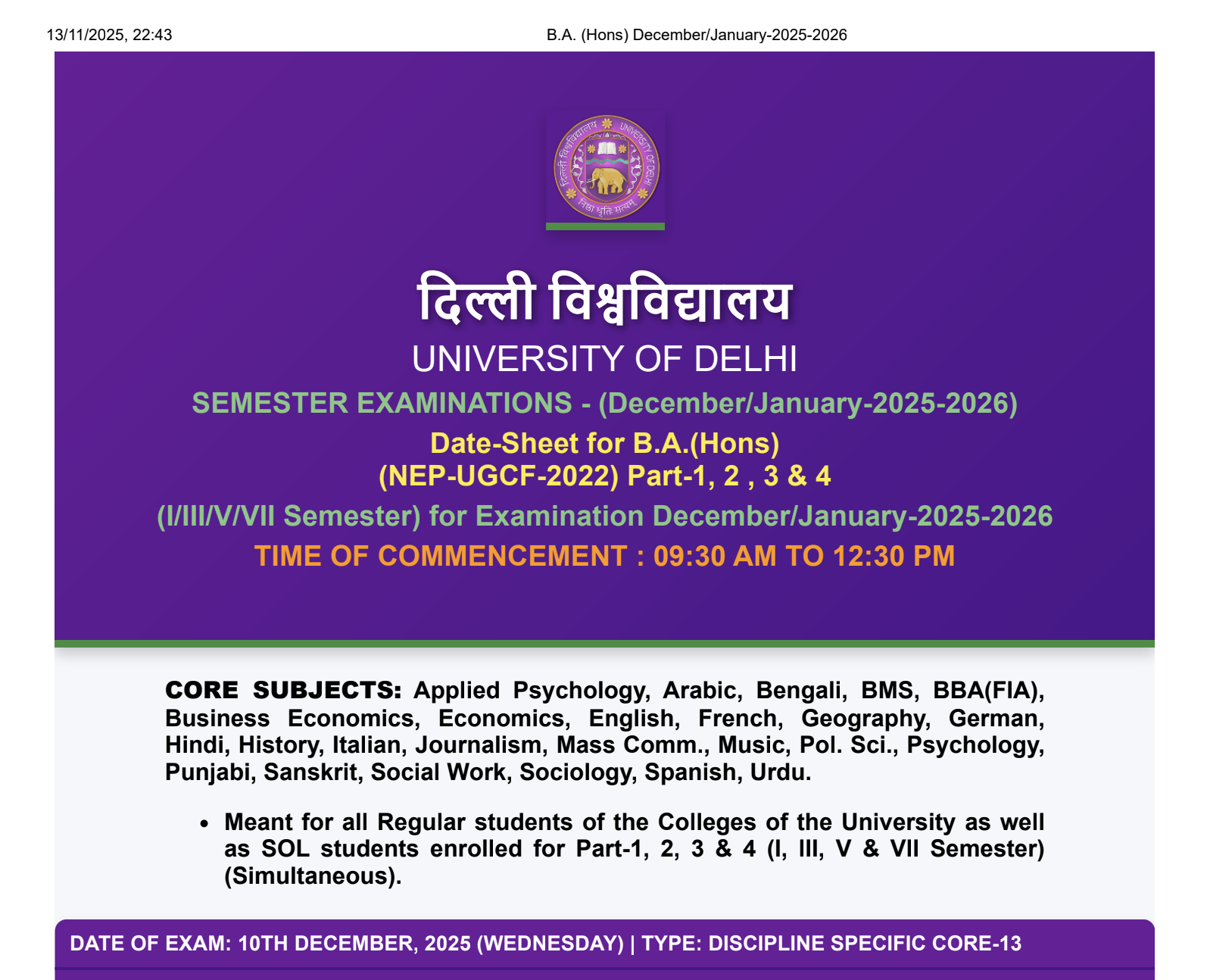Nearly one in eight college freshers can’t do middle-school math, UC San Diego report reveals – The Times of India

A report from the University of California, San Diego, exposes a stark rupture in foundational numeracy. Nearly one in eight incoming college students cannot meet middle school math standards. The study also records a thirty-fold rise in placements into remedial math over the past five years. The scale and speed of this change are alarming.The numbers do more than shock. They reframe higher education’s role. Colleges now shoulder basic instruction once assumed to be the remit of K–12. What follows is institutional strain, economic risk, and a policy imperative that cannot be deferred as reported by Fox News.
Remediation as routine
Universities describe a shift from exception to norm. Remedial classes swell. Tutoring centres stretch beyond capacity. Faculty must reteach arithmetic and algebra to cohorts of 18-year-olds. Students arrive certified but not competent. The result is a curriculum mismatch. College-level courses expect analytic readiness. The reality often falls far short.
Root causes
Jeanne Allen, founder and CEO of the Center for Education Reform, offered a blunt diagnosis, to a Fox News, “This isn’t a new problem. She said it’s a result of decades of unaccountable schools and a broken system that fails students long before they make it to higher education.”This assessment locates failure in systemic governance. Grade inflation obscured decline. Uneven teacher preparation weakened instruction. Digital inequities and pandemic learning loss compounded the slide. Policy incentives rewarded throughput over mastery. Over time, the gaps widened and hardened.
Consequences and stakes
The academic fallout is immediate. Student confidence erodes. Completion timelines lengthen. Institutional budgets tilt toward remediation. The economic stakes follow. Sectors that depend on quantitative fluency face a thinner talent pool. Innovation hubs, from biotech to data analytics, require workers with assured numeracy. Talent shortfalls undermine competitiveness.
What must change
Reversal requires a strategy across levels. K–12 must restore mastery-based progression. Teacher training needs sustained investment and rigorous assessment. Diagnostics should be standardised and early. Colleges should coordinate with school districts to align expectations. Policymakers must redesign accountability to reward learning, not simply advancement. Selective funding for high-impact interventions—diagnostic testing, intensive summer bridging, and small-group tutoring—can yield measurable gains.
A narrow window for reform
The UC San Diego findings are more than data. They are an indictment of deferred obligations. Fixes exist. They demand political will and sustained resources. The alternative is a generation whose nominal credentials mask fragile competence. That outcome would erode economic resilience and civic capacity alike.The report’s lesson is plain. Numeracy is not peripheral. It is foundational. Restoring it is urgent. The cost of delay will be measured in lost opportunity and diminished national capacity.(With inputs from Fox News)




